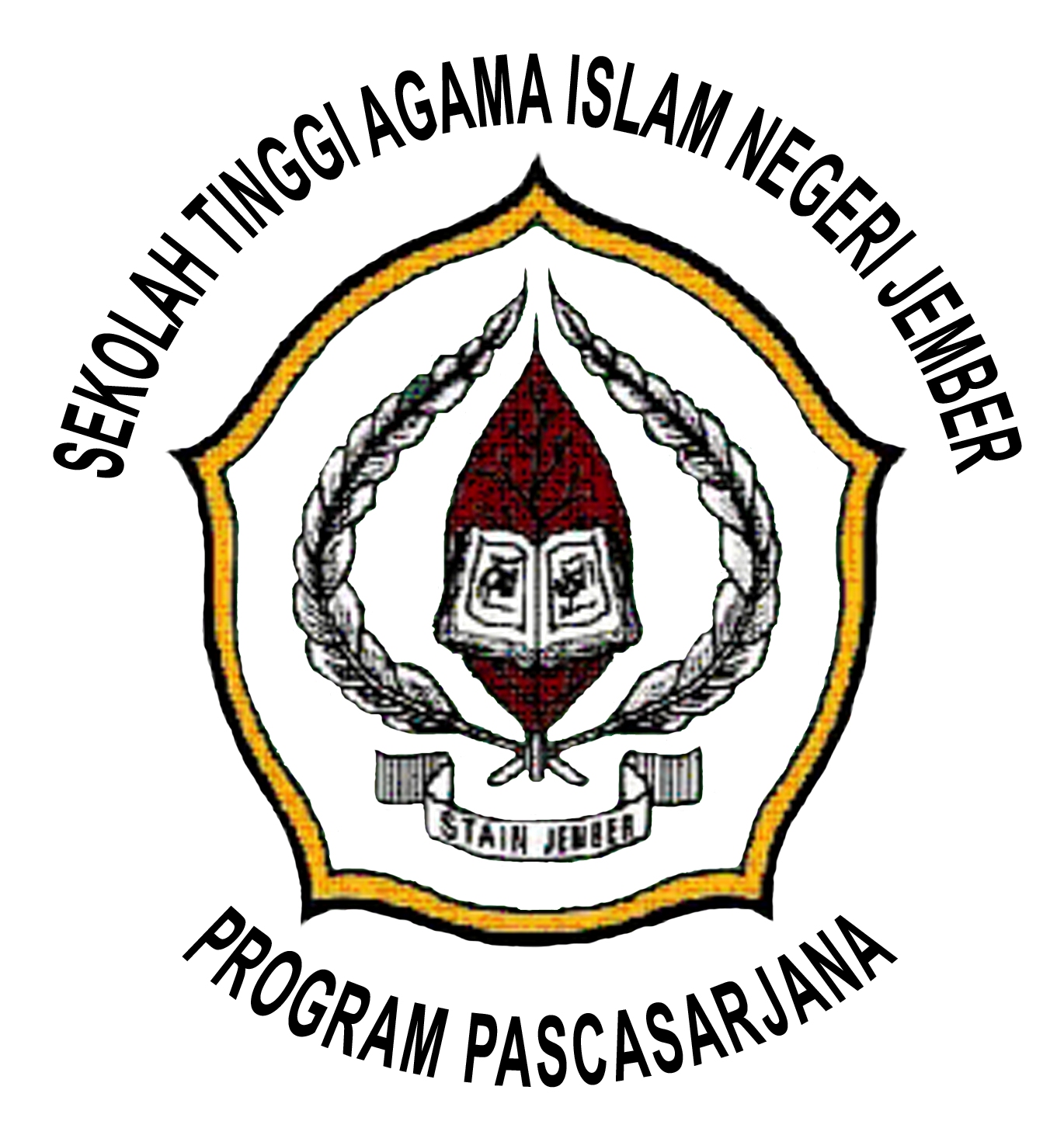Soal-soal Universitas Terbuka bisa anda dapatkan dan anda download dari sini SOAL - SOAL UT Kumpulan Contoh Soal Universitas Terbuka, Contoh Skripsi & Gudang Koleksi Skripsi Lengkap Semua Jurusan. Contoh Soal TAP UT Manajemen Tugas Akhir Program Nah berikut ini kami bagikan untuk Anda teman-teman Mahasiswa Universitas Terbuka jurusan Manajemen Soal-soal TAP yang sudah lengkap dengan kunci jawabannya, untuk Anda pelajari sebelum mengikuti UAS nantinya. Contoh Soal TAP S1 PGSD UT - Program Pendas (Pendidikan Dasar) Ada yang khas untuk mahasiswa semester akhir Universitas Terbuka (UT). Mereka pada semester akhir akan dihadapkan pada ujian TAP (Tugas Akhir Program). Umumnya soal-soal yang diberikan pada ujian TAP ini adalah berbentuk kasus-kasus. Contoh Jawaban Soal TAP S1 PGSD Universitas Terbuka Seperti janji blog penelitian tindakan kelas pada tulisan sebelumnya yang menampilkan contoh soal TAP (Tugas Akhir Program) untuk mahasiswa FKIP UT (Universitas Terbuka) program Pendas (Pendidikan Dasar), maka tulisan kali ini memuat contoh jawaban dari soal tersebut. Contoh soal tap paud universitas terbuka.
Kemampuannya dalam memahami segala persoalan sangat mengagumkan. Begitu juga dalam setiap diskusi, pandangannya selalu menonjol. Inilah yang kemudian membawanya pada pemikiran-pemikiran islam cemerlang di majalah terbitannya, al-manar, ketika meng-counter pemikiran yang menentang islam.

• Blanchard, Christopher M 2009-01-01. This report includes a historical background of the Sunni-Shiite split and discusses the differences in religious beliefs and practices between and within each Islamic sect as well as their similarities. • Blanchard, Christopher M 2005-01-01. This report includes a historical background of the Sunni-Shiite split and the differences in religious beliefs and practices between and within each Islamic sect as well as their similarities. • Blanchard, Christopher M 2006-01-01. This report includes a historical background of the Sunni-Shiite split and discusses the differences in religious beliefs and practices between and within each Islamic sect as well as their similarities. • Havis Aravik 2016-12-01 Full Text Available This article discusses how insurance aplikable in Islam perspective.
The results of discussion is that insurance as Islamic Economic (muamalah practice today, is not known at the time of the Prophet Muhammad, so that the legal basis textually not found in the Quran and hadith, the results of previous scholars and ijtihad in codes of Islamic Law. Islamic insurance which is being developed today, can essentially reduce the burden and narrowness, and bring benefits in people's lives. Therefore, the community should begin to see the prospect of such insurance as the media to protect themselves from the various possibilities of unwanted later, while participating together help each other in goodness and piety. • Fischer, Johan Halal (literally, 'permissible' or 'lawful') production, trade, and standards have become essential to state-regulated Islam and to companies in contemporary Malaysia and Singapore, giving these two countries a special position in the rapidly expanding global market for halal products., this book provides an exploration of the role of halal production, trade, and standards.
Fischer explains how the global markets for halal comprise divergent zones in which Islam, markets, regulatory institutions, and technoscience interact and diverge. Focusing on the 'bigger institutional picture. • Kamarulzaman, A; Saifuddeen, S M 2010-03-01 Although drugs are haram and therefore prohibited in Islam, illicit drug use is widespread in many Islamic countries throughout the world. In the last several years increased prevalence of this problem has been observed in many of these countries which has in turn led to increasing injecting drug use driven HIV/AIDS epidemic across the Islamic world. Whilst some countries have recently responded to the threat through the implementation of harm reduction programmes, many others have been slow to respond.

In Islam, The Quran and the Prophetic traditions or the Sunnah are the central sources of references for the laws and principles that guide the Muslims' way of life and by which policies and guidelines for responses including that of contemporary social and health problems can be derived. The preservation and protection of the dignity of man, and steering mankind away from harm and destruction are central to the teachings of Islam. When viewed through the Islamic principles of the preservation and protection of the faith, life, intellect, progeny and wealth, harm reduction programmes are permissible and in fact provide a practical solution to a problem that could result in far greater damage to the society at large if left unaddressed. Copyright (c) 2009. Published by Elsevier B.V.
• Hashim, I 1999-03-01 This paper objects to the popular view that Islam supports a segregated social system where women are marginalized, and argues that certain Islamic texts are supportive of women's rights. The article proposes that Islam reconcile with feminism by returning to the Qur'an.  The Qur'an provides rights which address the common complaints of women such as lack of freedom to make decisions for themselves and the inability to earn an income.
The Qur'an provides rights which address the common complaints of women such as lack of freedom to make decisions for themselves and the inability to earn an income.
One example is a verse in the Qur'an (4:34) that is frequently interpreted as giving women complete control over their own income and property. This article also explains how Islam has been used as a method of controlling women, particularly in the practices of veiling and purdah (seclusion). The article points out the need to engage in Islam from a position of knowing, and to ensure that Muslim women have access to this knowledge.
Most Popular Articles
- G Unit Beg For Mercy Zip File
- Ekzamenacionnie Testi Po Rentgenologii S Otvetami
- Tabit Version Program Full Version Free Software Download
- Video Film Horor Indonesia Terbaru 2013
- Prezentaciya Na Temu Obitateli Pochvi 3 Klass Po Okruzhayuschemu Miru
- Obrazec Protokola Osmotra Mesta Proisshestviya Uchastka Mestnosti
- Beyond Compare 33 Keygen And Torrent
- Uchebnaya Karta U 34 37 V V 4
- Speakonia Voices Online
- Ab Panelbuilder32 Software Download
- Atreyu A Deathgrip On Yesterday Zip
- Star Wars Episode 1 The Phantom Menace Dvdrip Torrent Download